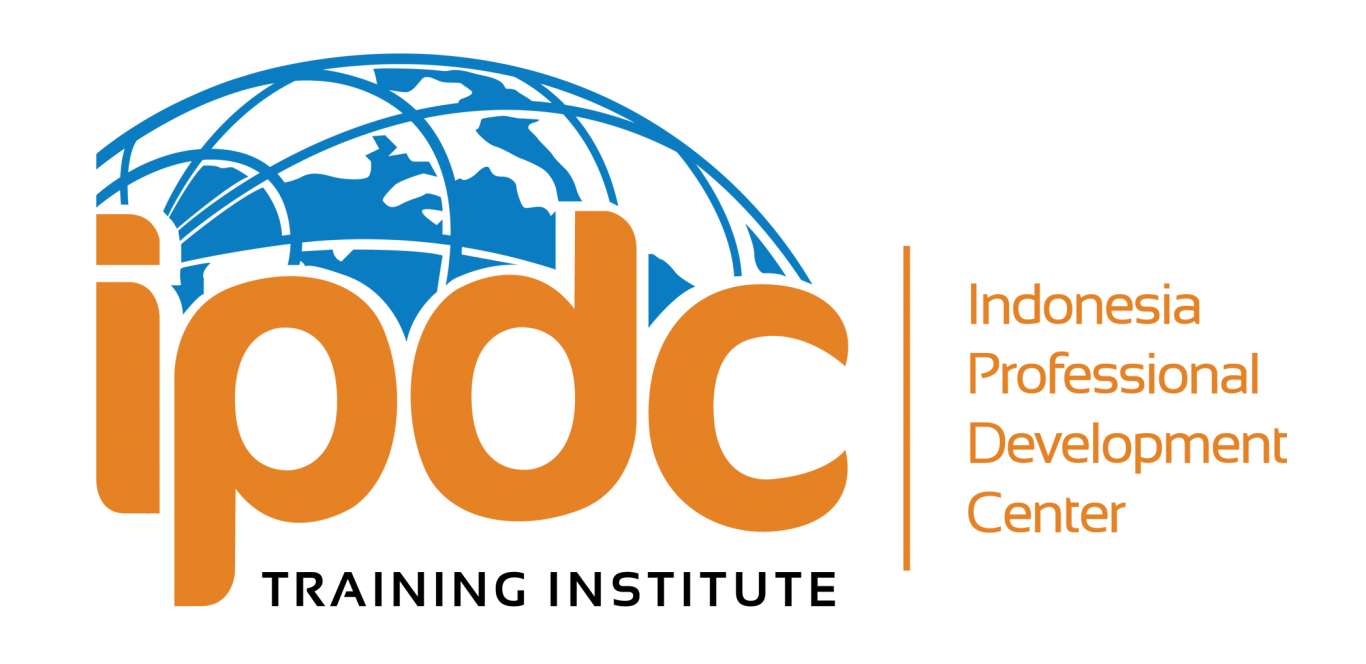

Mon, Aug 05
|Indonesia
The AMDAL (Environmental Impact Assessment) for the Executives
This course will show how an EIA is not just an assessment of the positive or negative impacts that a proposed project may have on the environment, but a process that identifies these potential effects and seeks to avoid, reduce, or offset any adverse effects through mitigation measures if possible.
Time & Location
Aug 05, 2024, 8:00 AM – Aug 07, 2024, 5:00 PM
Indonesia
About The Training
COURSE OVERVIEW
Renewable energy projects are increasingly required to meet strict environmental criteria, with failure to do sufficient preparation in this area leading to permitting failures or significant project delays – with major economic and financial impacts. Therefore, knowledge of Environmental Impact Assessment (EIA) is important throughout any organization involved in renewable projects, be it through development, investment, legalities and contracts, or policy and planning.
This course will show how an EIA is not just an assessment of the positive or negative impacts that a proposed project may have on the environment, but a process that identifies these potential effects and seeks to avoid, reduce, or offset any adverse effects through mitigation measures where possible.
OBJECTIVE
This program provides a comprehensive guide to the terminology and methodology encountered in preparing Environmental Impact Assessment reports for renewable energy projects – and why it matters to your project and business.
TARGET PARTICIPANTS




















